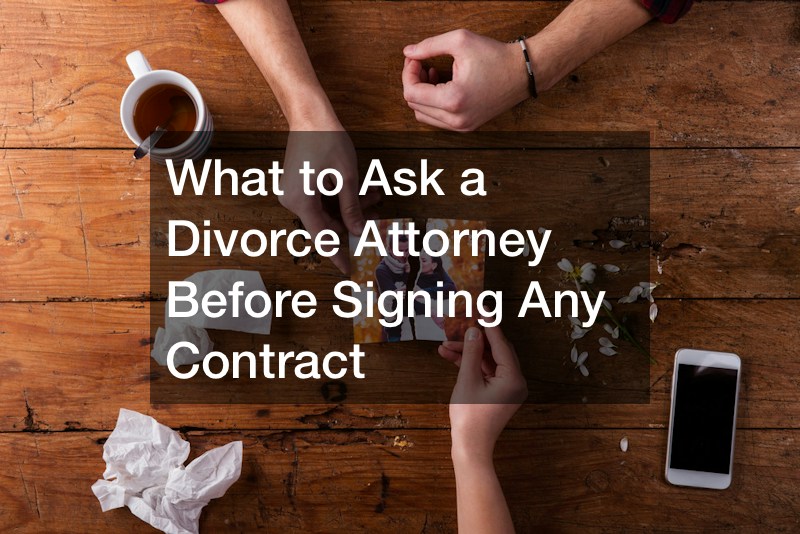

Real estate law in general covers a lot of territory, including but not limited to business property law, property bequeathed through wills, and many other property law cases. If you?re looking for a real estate attorney, you aren?t alone. With property law comes many turbulent issues, especially in this day and age. In 2013, one in every 96 homes reported at least one foreclosure filing. In fact, the rules and requirements surrounding real estate law terms are diverse, meaning that you?re better off seeking out a real estate lawyer sooner rather than later.
When Would I Need A Real Estate Law Firm?
When to call a real estate attorney may not be immediately apparent to everyone, but the fact is that it?s likely that many people will need real estate attorneys at some points in their lives. This could be as early as when you first buy a home or building, especially when it comes to buying older properties. Before entering a purchase contract, you may wish to have an attorney look over it; for example, how long things will take during the purchase depends on the contract, which should specify a closing date or number of days before closing. Furthermore, a real estate attorney can help you avoid fraud when purchasing a home. If you?re at all suspicious, know that the Californian Statute of Frauds requires three different contracts to be on paper: leases for more than a year, commission agreements between principals and real estate licensees, and contracts for the sale of real estate. These laws, of course, affect the sellers of real estate just as much or even more.
How Can A Real Estate Attorney Help You As A Landlord?
Renting in particular can be somewhat intimidating, both for the tenant and the landlord. The landlord may be vulnerable, particularly in cases of bad tenants or worse, fraudulent tenants. This even falls into business property law ? as in many cases, landlords are renting to business owners. An attorney is particularly helpful when navigating the choppy waters of eviction. In the poor case that a an eviction rises to court, a judge will hear and decide the case within an average of 20 days after the tenant or landlord files a request to set a date for trial. Cases like these don?t require an attorney?s involvement, but it?s highly advisable that a landlord hires one.
What?s The Difference Between Business Property Law And ?Regular? Property Law?
What sets business property law apart is that it usually concerns commercial real estate. Due to the complications that can come with commercial real estate, attorneys can be more heavily involved with the selling or renting of commercial real estate than residential real estate. However, whether it?s commercial real estate or residential real estate involved, remember to call an attorney with any questions or concerns.



